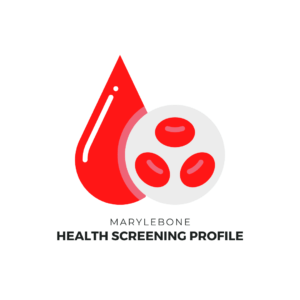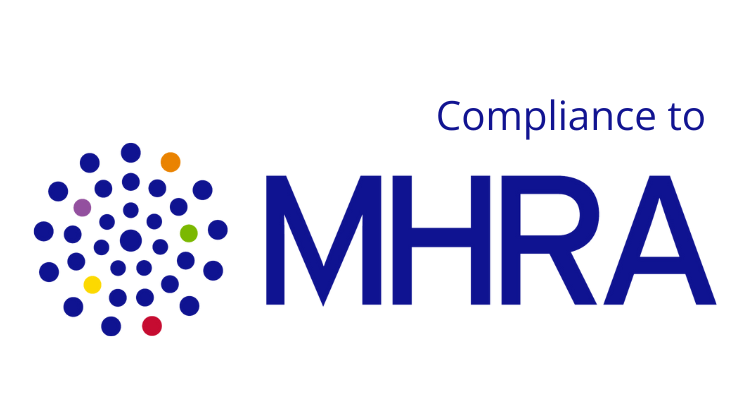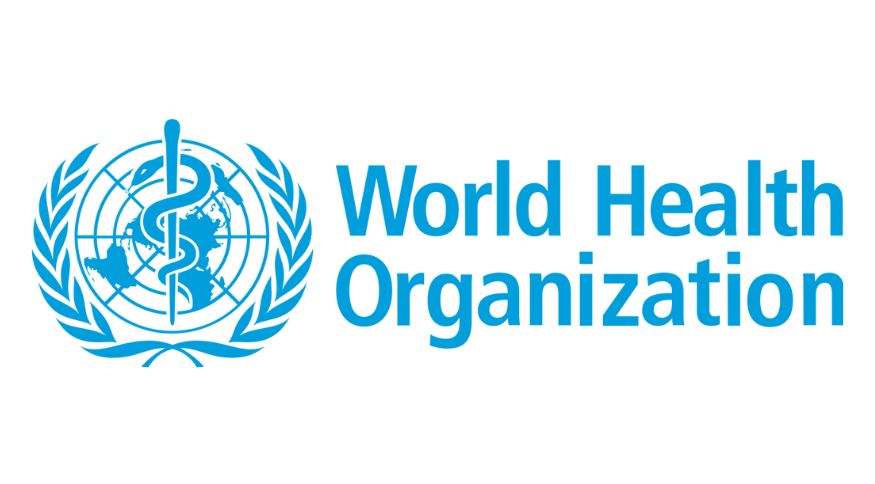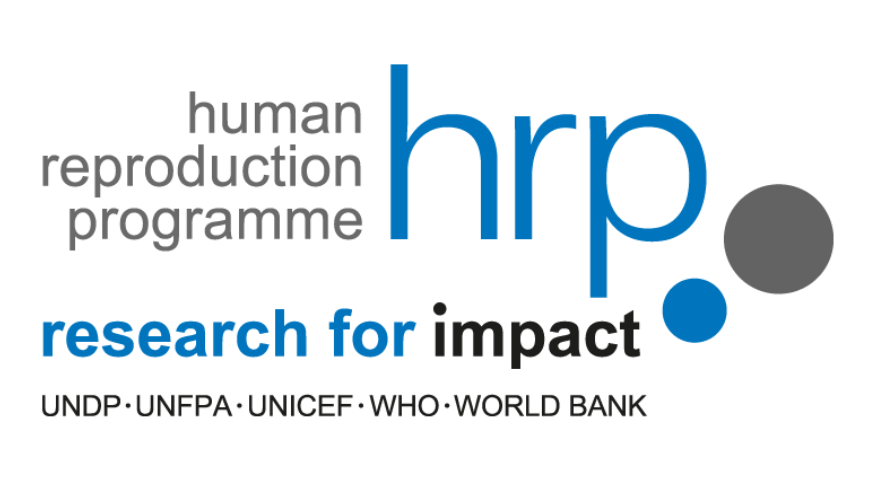Marylebone Health Screening Profile
Our Marylebone Health Screening profile is a comprehensive health screening package designed to provide you with valuable insights into your overall well-being. With this test, you can gain a thorough understanding of various aspects of your health.
Marylebone Health Screening Profile
Comprehensive Marylebone Health Screening in London for Complete Body & Wellness Assessment
- Price: £249.00 (Including Phlebotomy)
- Code: MLHSP
- TAT: 1-2 Working Days
- Sample Type: Blood
Included Tests
This test checks your red blood cells, white blood cells, and platelets. It helps detect anaemia, infections, inflammation, and blood disorders.
This measures how quickly red blood cells settle at the bottom of a test tube. A higher rate can indicate inflammation or infection in the body.
This test measures the level of sugar in your blood and helps screen for or monitor diabetes.
This shows your average blood sugar level over the past 2–3 months and is used to diagnose and manage diabetes.
Calcium is essential for healthy bones, teeth, nerves, and muscles. Abnormal levels may indicate bone disease, parathyroid problems, or kidney disorders.
This test measures phosphate levels in your blood, which work closely with calcium for bone strength and energy production. Imbalances can point to kidney or hormonal issues.
Uric acid forms when your body breaks down purines (found in food and cells). High levels may cause gout or kidney stones.
Albumin is a major protein made by the liver that keeps fluid from leaking out of blood vessels. Low levels may suggest liver, kidney, or nutritional problems.
Globulins are proteins that help fight infection and carry nutrients. Abnormal levels may indicate immune or liver disorders.
This test measures the total amount of protein (albumin and globulin) in your blood to assess liver and kidney health.
This ratio helps evaluate liver and kidney function and detect immune-related conditions.
This measures the overall amount of cholesterol in your blood. High levels increase the risk of heart disease.
Known as “good cholesterol,” HDL helps remove excess cholesterol from your bloodstream. Higher levels are better.
Known as “bad cholesterol,” LDL can build up in artery walls, raising the risk of heart disease.
These are a type of fat in your blood. High levels can increase the risk of heart disease and pancreatitis.
Creatinine is a waste product from muscle activity that your kidneys should filter out. High levels suggest reduced kidney function.
Urea is a waste product made by the liver and cleared by the kidneys. Elevated levels can mean kidney dysfunction or dehydration.
This estimates how efficiently your kidneys filter waste from your blood. A lower number suggests reduced kidney function.
Sodium helps maintain fluid balance and supports nerve and muscle activity. Abnormal levels may result from dehydration, kidney problems, or hormonal imbalance.
Potassium is important for heart and muscle function. High or low levels can cause irregular heartbeats or muscle weakness.
Chloride helps control fluid balance and acid levels in the body. Abnormal results may indicate dehydration, kidney disease, or metabolic imbalance.
Iron is needed to make haemoglobin, which carries oxygen in the blood. Low levels can cause anaemia and tiredness.
Ferritin shows how much iron is stored in your body. Low levels mean iron deficiency, while high levels may indicate inflammation or iron overload.
LDH is an enzyme found in many tissues. High levels may indicate tissue damage, liver disease, or certain blood disorders.
This hormone controls the reproductive system. In women, it helps with ovulation; in men, it supports testosterone production.
Vitamin D helps maintain strong bones and supports the immune system. Low levels can lead to bone weakness and fatigue.
Vitamin B12 keeps nerves and blood cells healthy. Low levels can cause anaemia, weakness, or tingling sensations.
Folate helps form red blood cells and supports cell growth. Low levels can lead to anaemia and tiredness.
TSH regulates how the thyroid gland produces hormones. Abnormal levels can indicate an underactive or overactive thyroid.
This measures the active form of thyroxine, a thyroid hormone that controls metabolism and energy.
T3 is another thyroid hormone that helps regulate metabolism. High or low levels can indicate thyroid imbalance.
This measures the total thyroxine hormone in your blood, used to assess thyroid function.
IgA helps protect mucous membranes in the respiratory and digestive systems. Abnormal levels may signal immune or gut-related issues.
IgG is the most common antibody and provides long-term protection against infections. Abnormal levels may indicate immune or chronic infections.
IgM is the first antibody your body makes when fighting infection. High levels may show a recent or active infection.
CRP rises when there’s inflammation or infection in the body. High levels may point to infection, inflammation, or heart disease risk.
PSA is a protein made by the prostate gland. This test helps screen for prostate enlargement, inflammation, or cancer in men.

FAQs
The MLHSP profile offers a comprehensive overview of your health, covering various organs and systems. It’s a quick and efficient way to proactively manage your well-being.
The entire process, including sample collection, takes only 10 minutes, making it convenient for individuals with busy schedules.
The frequency depends on individual health needs. Consult with our healthcare professionals to determine the best screening schedule for you.
Yes, the MLHSP profile is designed to detect potential health issues early, allowing for timely intervention and management.
Yes, we prioritize the confidentiality of your health information. Results are shared securely with you and can be discussed with our healthcare team in a private consultation.
Book Your Marylebone Health Screening Profile Today!
Take charge of your health with the MLHSP profile at Marylebone Diagnostic Centre. Book your screening today for a proactive approach to a healthier tomorrow.












